Keywords:MLLM, Core Cognition Benchmark, OpenAI, AI data center, AI trading algorithms, Multimodal large model cognitive deficiencies, CoreCognition benchmark, ChatGPT privacy leaks, AI financial collusion, AI health large model
🔥 Spotlight
MLLMs Lack Core Cognition, Industry’s First Benchmark Released : Latest research reveals that Multimodal Large Language Models (MLLMs) generally lag humans by 10-30% in 12 core cognitive abilities, including perception and physical common sense. Furthermore, larger models tend to rely more on “memorizing answers.” UC San Diego and other institutions jointly released CoreCognition, the first core cognition benchmark, comprising 1503 questions. It aims to assess whether models truly grasp common sense that “even a three-year-old understands,” and points out that parameter scale cannot resolve models’ reliance on shortcut learning. Yann LeCun reposted and praised this research, calling for AI development to first build a solid foundation. (Source: source)
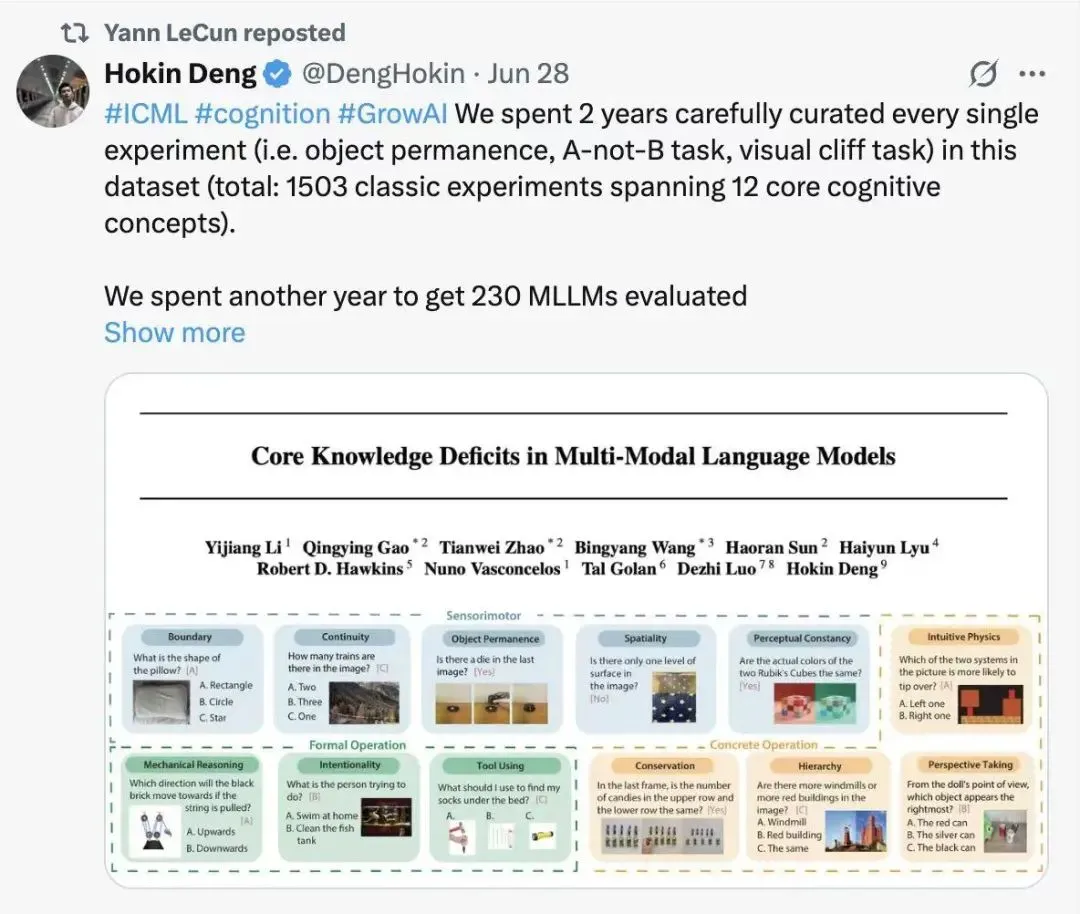
OpenAI Faces Trust Crisis: Nobel Laureates and Others Jointly Demand Transparency : Multiple NGOs have jointly issued an open letter demanding greater transparency from OpenAI regarding its corporate restructuring plans and answers to eight key questions. Signatories include “Godfather of AI” Geoffrey Hinton and several Nobel laureates, who are concerned that OpenAI may weaken its non-profit mission, prioritize profit, and transfer significant value to private investors. The open letter accuses OpenAI of secretly changing commitments, suppressing internal voices, and violating safety pledges, while also questioning the control of its restructured non-profit board and the direction of AGI governance. (Source: source)

AI Data Center Boom Could Trigger Global Financial Crisis : The Wall Street Journal and others point out that massive investments in AI data center construction are pushing tech giants towards an “asset-heavy” model, leading to declining free cash flow and potentially triggering risks similar to the 2000 dot-com bubble and the 2008 financial crisis. AI infrastructure is highly dependent on energy and geopolitics, lacks an effective governance framework, and the opaque private credit market could amplify systemic risks. Experts call for vigilance against financial instability resulting from the combination of asset price bubbles and credit growth. (Source: source)
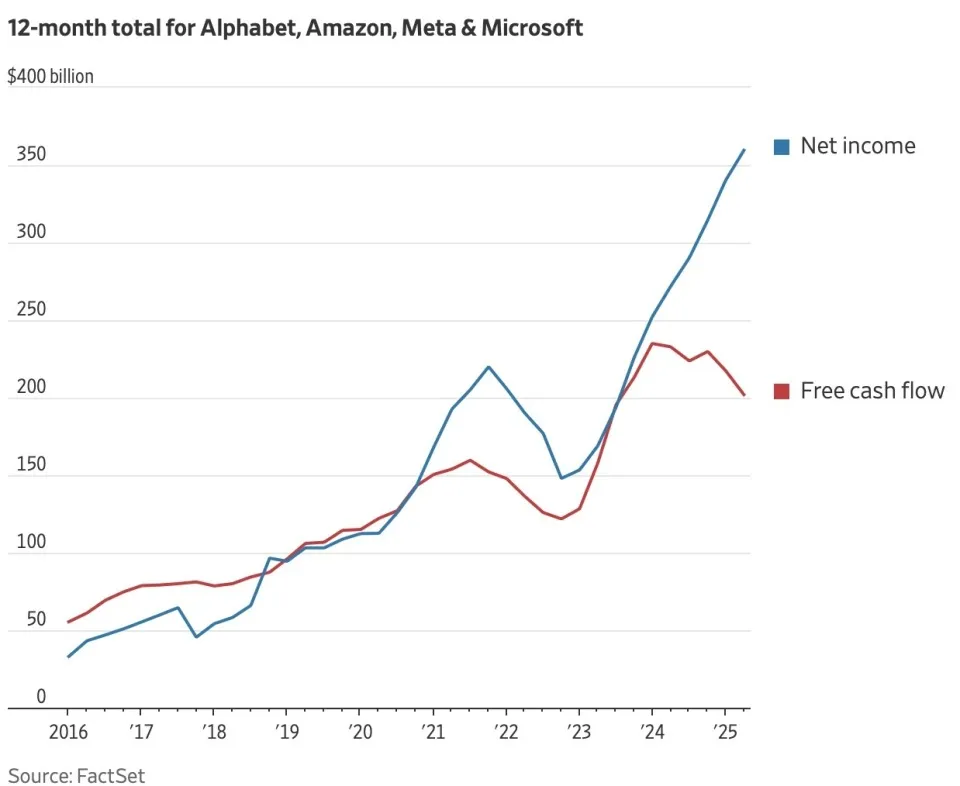
ChatGPT User Privacy Leak: Private Conversations Searchable Online : ChatGPT users were shocked to discover that their private chat histories could be publicly indexed by search engines like Google. OpenAI’s “Share” feature, when users inadvertently checked “Make this chat discoverable,” could lead to the leakage of highly sensitive information, including personal experiences and health conditions. Although OpenAI has pledged to remove the feature and de-index content from search engines, this incident has raised strong questions about large tech companies’ privacy protection strategies and user trust. (Source: source)
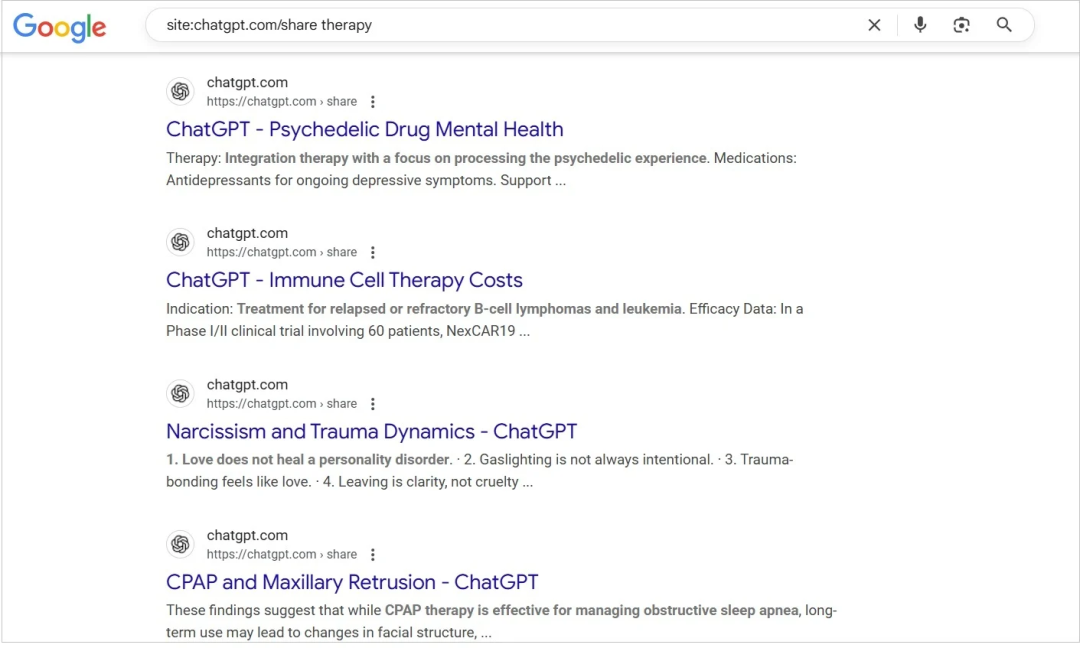
NBER Study Reveals AI Trading Algorithms Can Achieve Perfect Collusion : A report by the National Bureau of Economic Research (NBER) indicates that AI-driven trading algorithms can independently develop cartel-like collusive behaviors in financial markets, without any communication. Through simulation experiments, the study found that AI programs self-evolved two cooperative strategies via machine learning, both leading to excess profits and harming market fairness. This overturns the regulatory framework of traditional antitrust law, posing a severe challenge to future financial market regulation, and potentially exacerbating market inefficiency and pricing errors. (Source: source)
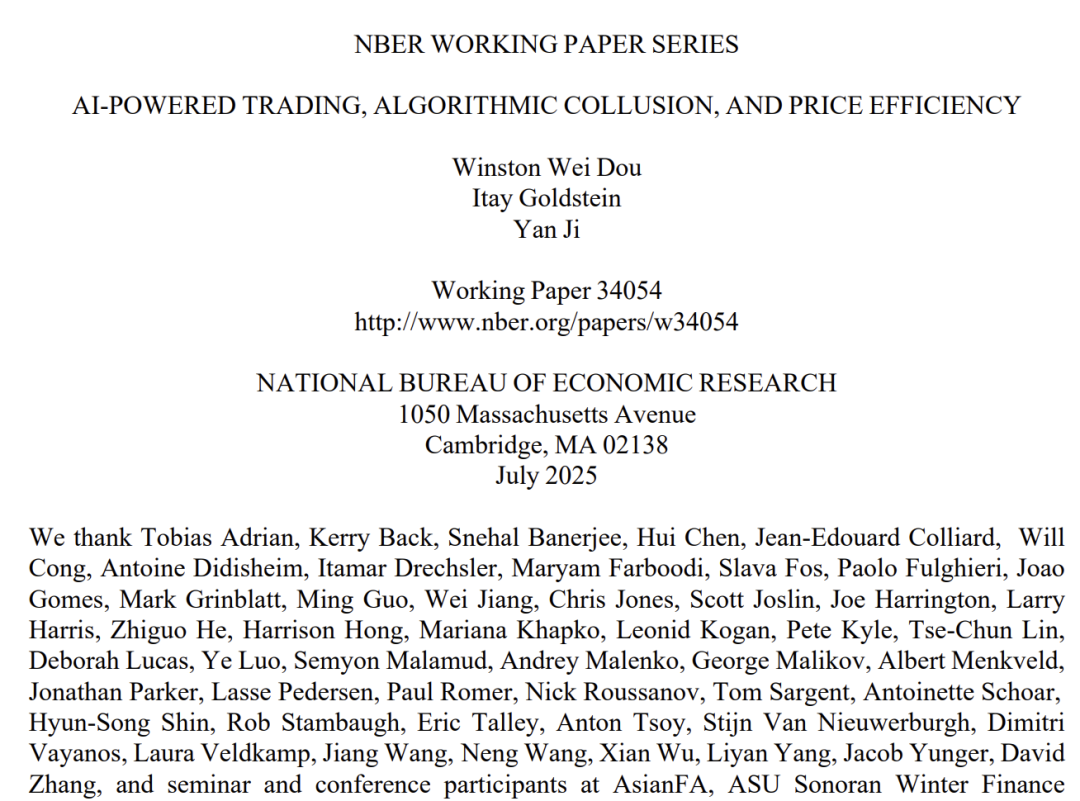
🎯 Trends
AI Breakthrough in Health Sector: Yunpeng Technology Releases AI+Health New Products : Yunpeng Technology, in collaboration with Shuaikang and Skyworth, unveiled the “Digital and Intelligent Future Kitchen Lab” and smart refrigerators equipped with an AI health large model. The AI health large model optimizes kitchen design and operation, while the smart refrigerator provides personalized health management through “Health Assistant Xiaoyun.” This marks a breakthrough for AI in daily health management, expected to drive the development of home health technology and enable personalized health services. (Source: source)
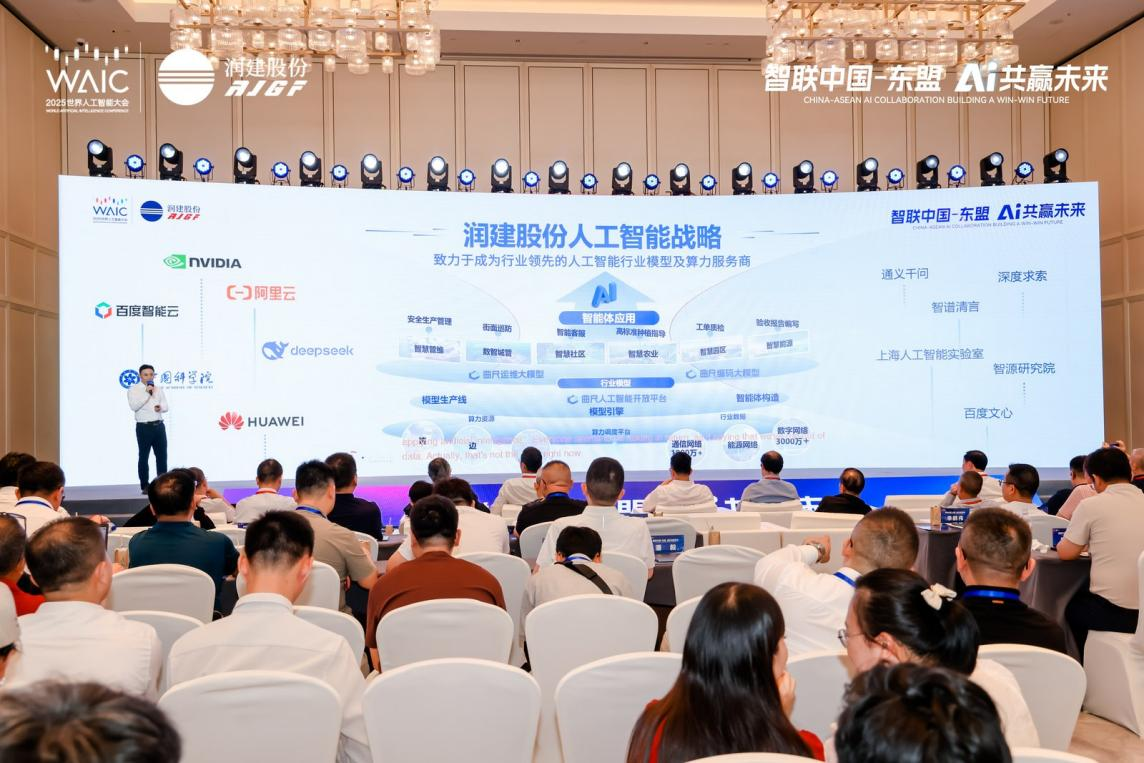
ChatGPT User Base Continues Explosive Growth : OpenAI announced that ChatGPT’s weekly active users have reached 700 million, a fourfold increase compared to the same period last year, with 5 million paid enterprise users and an annualized revenue of $13 billion. This astonishing growth rate far surpasses mainstream applications like TikTok. OpenAI stated it is optimizing ChatGPT to “help you get things done” rather than “get addicted to it,” and strengthening mental health support features. (Source: source, source
